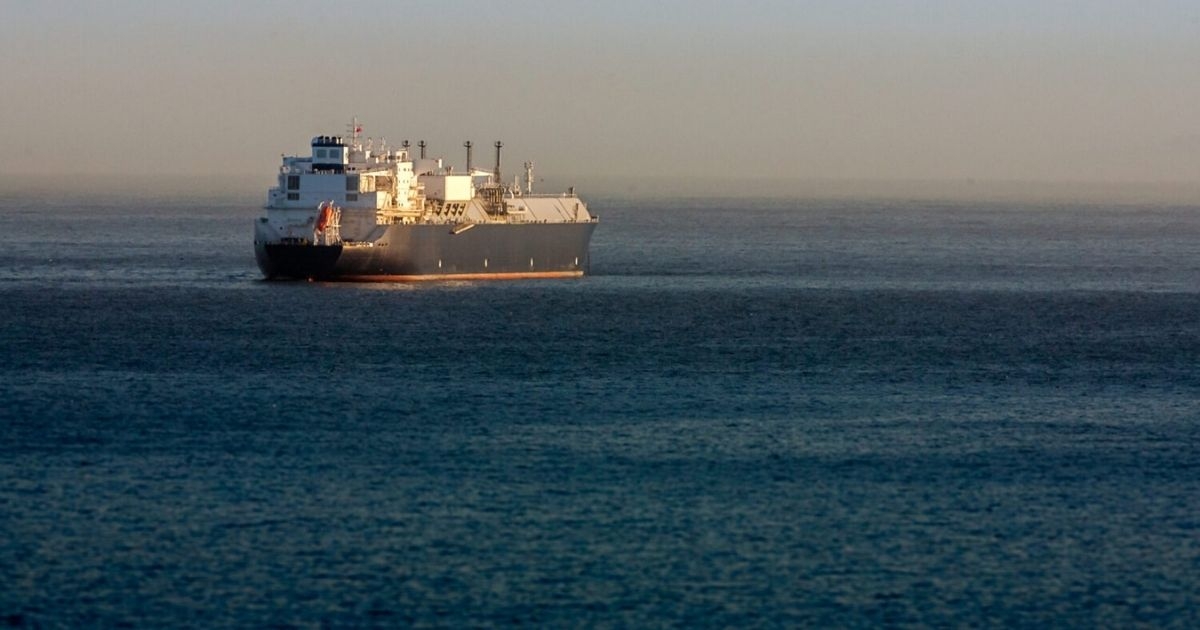Report Outlines how Oceanographic Infrastructure can Reach Net Zero

A new review has outlined how the UK’s oceanographic research infrastructure must transition to become net zero by 2040. The report supports UK Research and Innovation’s (UKRI) target of becoming net zero by 2040. It was led by the National Oceanography Centre (NOC) working with seven other leading UK institutions.
It provides recommendations that will lay the foundations for ongoing reductions in carbon equivalent (CO2e) emissions from the current research infrastructure and embed sustainability across key parts of oceanographic research.
Facing a critical dilemma
Dr. Kate Hendry, lead scientist for the project from the University of Bristol, said:
“Marine science faces a critical dilemma in the next few years. As ocean scientists, our work is going to be essential in addressing global net zero objectives, with ship-based observations a key component of understanding how the ocean is changing as a source or sink of atmospheric carbon.
But at the moment, sea-going research vessels use considerable amounts of fossil fuels. So, we have to achieve net zero, at the same time as maintaining and building our marine science capability in a fair and equitable way.
Working on the NZOC project has shown me that this is going to be a challenge, but it can be done, and co-design of new approaches and emerging technologies are going to play a major part.”
The report identifies a range of options for developing an exceptional oceanographic capability with a zero-carbon footprint. Key findings highlighted the need for a re-wired oceanographic ecosystem using lean-crewed, green-fueled vessels capable of deploying large and energy intensive equipment. These would act as a hub within the wider ecosystem of autonomous platforms, will be a key enabler for future marine scientific research.
Powered using green fuels
The review was led by Leigh Storey, Associate Director for National Marine Facilities at NOC. He said:
“Large research vessels will remain a part of the mix but operated very differently and powered using green fuels. That is only possible by scaling up the use of alternative platforms (satellites, uncrewed surface vessels, autonomous underwater vehicles and floats) to deliver on the vision of a global observing network across the ocean. Novel sensors and digitization of the ocean will underpin this transition.”
Sustainable marine science
Dr. Iain Williams, Director of Strategic Partnerships at NERC, part of UKRI, said:
“This report clearly demonstrates the importance of readying our marine research operations to meet the UKRI’s net zero carbon emissions target by 2040. Oceanographic research helps us better understand our climate and weather systems, important ecosystems and sustainable maritime economic growth. By embedding sustainability across all our marine operations, we can continue to support world-leading research while working to achieve net zero.”
The report also shows the opportunity that working towards net zero oceanography presents to enhance collaboration across the global marine science community, increase diversity and accessibility of ocean science, and to harness new and emerging tools and technologies that will increase our research capability.

